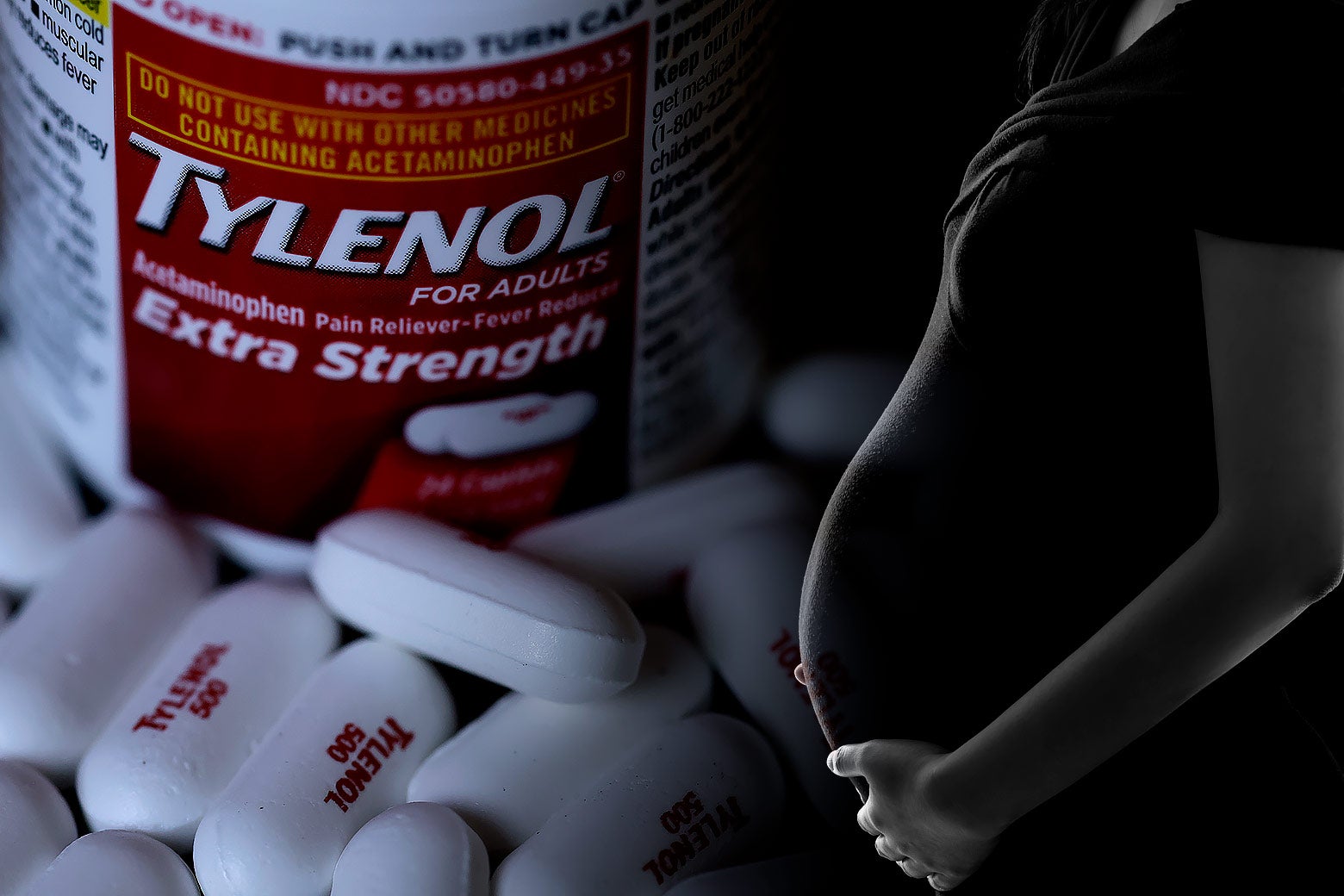
"To appreciate the depths of the harm the idea could cause, we need to understand the saga of mother blame in the story of autism. One of the most pernicious myths in this history was the mid-20 th-century idea that "refrigerator mothers"-cold, intellectual, working mothers-caused their children's autism. Historians who study this period, including me, wonder whether the refrigerator mother is now being reincarnated as the Tylenol mother."
"When child psychiatrist Leo Kanner first defined infantile autism as a condition in 1943, he argued that it likely had an organic origin, because newborns displayed their unique characteristics from birth. However, influenced by the widespread belief within psychiatry and psychoanalysis that mothers determined their children's psychological development, in the late 1940s Kanner said that autistic children withdrew into autism to escape their cold, unfeeling mothers who did not display maternal warmth."
The Trump administration linked prenatal acetaminophen use to children's autism, a claim characterized as alarmist, unsupported, and irresponsible. Recognizing the potential harm requires understanding the history of mother blame tied to autism. Mid-20th-century thinking blamed so-called "refrigerator mothers"—women deemed cold, intellectual, or working outside the home—for causing autism. Leo Kanner initially described autism as organic but later shifted to blaming maternal coldness without evidence. Mothers faced suspicion and stigma for having interests or careers beyond childrearing, and such attribution of causation lacked mechanisms or supporting data.
Read at Slate Magazine
Unable to calculate read time
Collection
[
|
...
]